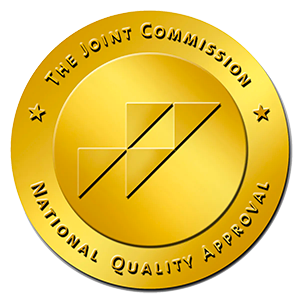The Need for Good Mental Health
It’s no secret that taking care of our physical bodies is important — eating right, drinking enough water, limiting our screen time, remaining active, getting regular checkups, you know the drill.
But as much emphasis is placed on our physical health, it’s easy to forget the importance of mental health, which is just as vital, according to the World Health Organization (WHO). That’s why they define health as “a state of complete physical, mental, and social well-being and not merely the absence of disease or infirmity.”
When most people think of illnesses, we fear cancer, heart disease, Parkinson’s, diabetes, and the like, but did you know that about 15 percent of the world’s diseases are actually mental illnesses? To put it another way, in the United States an estimated one in five adults— which translates to about 44 million people — experience mental illness each year.



